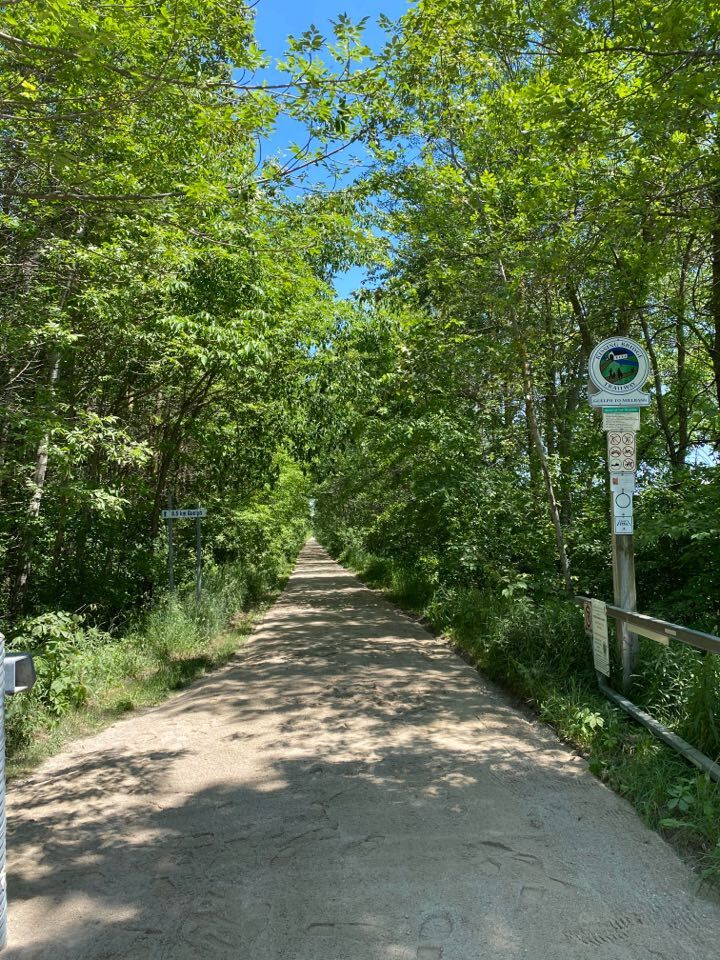CCRC adopts a kilometer of the G2G!

The CCRC has adopted 1 KM on the Guelph to Goderich Rail Trail. It is in part thanks to the folks at the amazing G2G for their co-producing of the Rural Talks to Rural 2020 conference with us. If you can get out onto this magnificent piece of social and environmentally friendly architecture that takes you into the heart of farm country, the kilometre that we have adopted is at KM 52-53 (from Goderich). The plaque will read ‘adopted by the Canadian Centre for Rural Creativity’ – send us a photo if you do pass by and we’ll post it on our website.
Congratulations to everybody – this project is such a wonder, and to be connected to this remarkable community initiative is an honour. For more information on the G2G and the folks responsible please read below.
“G2G Rail Trail Experience is all about connection. Connection between yourself and others, people and nature, cyclists and hikers, rural and urban settings, beach and buildings. G2G Rail Trail Inc is sustained by an enthusiastic volunteer base that is motivated to provide a sustainable inclusive multi-use trail. All efforts on the trail are funded by private donations and by government grants. With that in mind, the trail is free for everyone to use but can only continue to be maintained by donations. As little of a donation as $5 will add you to our e-mail communications and keep you in touch with all things G2G Rail Trail!” (G2G Website)
For more information visit: http://g2grailtrail.com/
